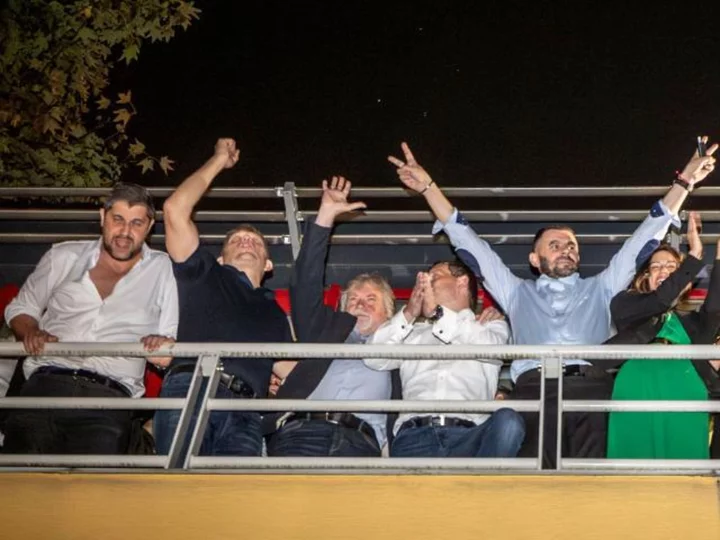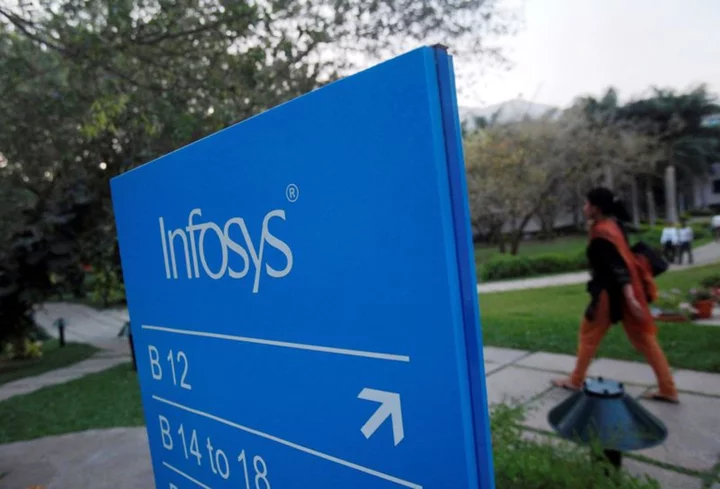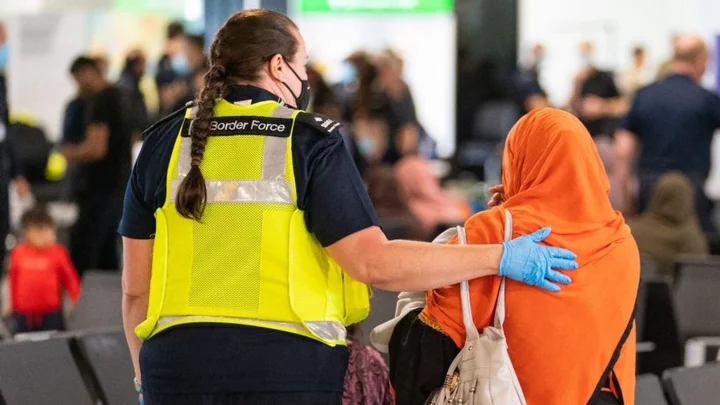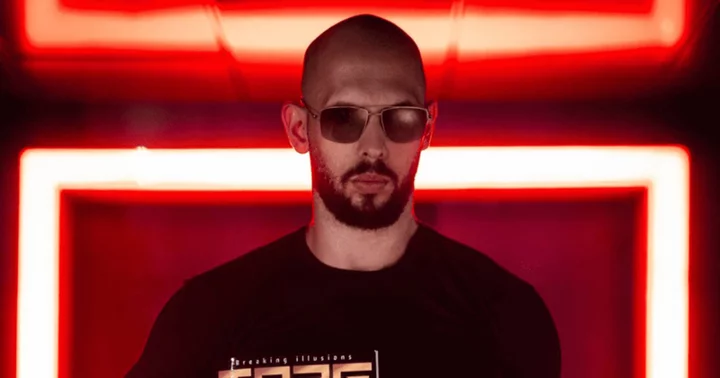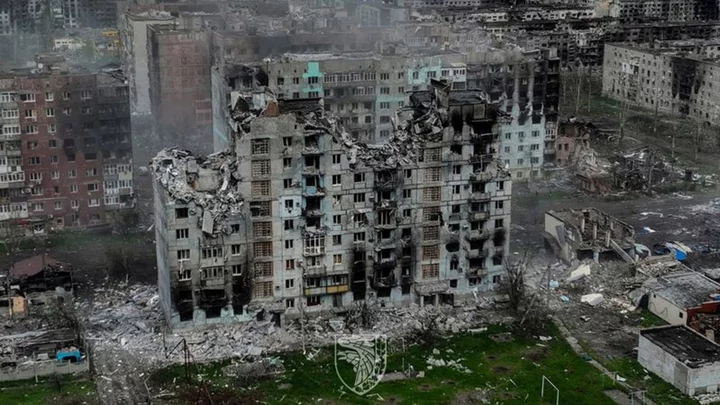A party headed by a pro-Kremlin figure came out top after securing more votes than expected in an election in Slovakia, preliminary results show, in what will likely pose a challenge to NATO and EU unity on Ukraine.
According to preliminary results released by Slovakia's Statistical Office at 6 a.m. local time, Robert Fico's populist SMER party won 23.3% of the vote.
Progressive Slovakia (PS), a liberal and pro-Ukrainian party won 17%.
Fico, a two-time former prime minister, now has a chance to regain the job but must first seek coalition partners as his party did not secure a big enough share of the vote to win outright. The moderate-left Hlas party, led by a former SMER member and formed as an offshoot of SMER following internal disputes, came third with 15% of the vote, and could play kingmaker.
With seven political parties reaching the 5% threshold needed to enter the parliament, coalition negotiations will almost certainly include multiple players and could be long and messy.
While not a landslide, SMER's result is better than expected -- last opinion polls published earlier this week showed SMER and PS neck and neck.
Fico has pledged an immediate end to Slovak military support for Ukraine and promised to block Ukraine's NATO ambitions in what would upend Slovakia's staunch support for Ukraine.
Peter Pellegrini, the leader of Hlas, said his party was "very pleased with the result."
"The results so far show that Hlas will be a party without which it will be impossible to form any kind of normal, functioning coalition government."
"On one hand, we are very pleased with this (but) on the other, this is a major responsibility, a major task of making sure that, if there is an offer to form a coalition, we will make the right decision and become part of a government that will lead Slovakia out of the decay and crisis that (the country's previous leaders) got us into," he added.
Hlas has been vague about its position on Ukraine in the election campaign. Pellegrini has previously suggested Slovakia "had nothing left to donate" to Kyiv, but also said that the country should continue to manufacture ammunition that is shipped to Ukraine.
Serious consequences for the region
Slovakia, an eastern European nation of about 5.5 million people, was going to the polls to choose its fifth prime minister in four years after seeing a series of shaky coalition governments.
A SMER-led government could have serious consequences for the region. Slovakia is a member of both NATO and the European Union, was among the handful of European countries pushing for tough EU sanctions against Russia and has donated a large amount of military equipment to Ukraine.
But this will likely change under Fico, who has blamed "Ukrainian Nazis and fascists" for provoking Russia's President Vladimir Putin into launching the invasion, repeating the false narrative Putin has used to justify his invasion.
While in opposition, Fico became a close ally of Hungary's Prime Minister Victor Orban, especially when it came to criticism of the European Union. There is speculation that, if he returns to power, Fico and Orban could gang up together and create obstacles for Brussels. If Poland's governing Law and Justice party manages to win a third term in Polish parliamentary elections next month, this bloc of EU troublemakers could become even stronger.
Meanwhile, the liberal PS party had been pushing for a completely different future for Slovakia -- including a continued strong support for Kyiv and strong links with the West.
Fico previously served as Slovakia's prime minister for more than a decade, first between 2006 and 2010 and then again from 2012 to 2018.
He was forced to resign in March 2018 after weeks of mass protests over the murder of investigative journalist Jan Kuciak and his fiancée, Martina Kušnírová. Kuciak reported on corruption among the country's elite, including people directly connected to Fico and his party SMER.
The campaign was marked by concerns over disinformation, with Věra Jourová, the European Commission's top digital affairs official, saying in advance the vote would be a "test case" of how effective social media companies have been in countering Russian propaganda in Slovakia.
Polls suggest Fico's pro-Russia sentiments are shared by many Slovaks.
According to a survey by GlobSec, a Bratislava-based security think tank, only 40% of Slovaks believed Russia was responsible for the war in Ukraine, the lowest proportion among the eight central and eastern European and Baltic states GlobSec focused on. In the Czech Republic, which used to form one country with Slovakia, 71% of people blame Russia for the war.
The same research found that 50% of Slovaks perceive the United States -- the country's long-term ally -- as a security threat.

